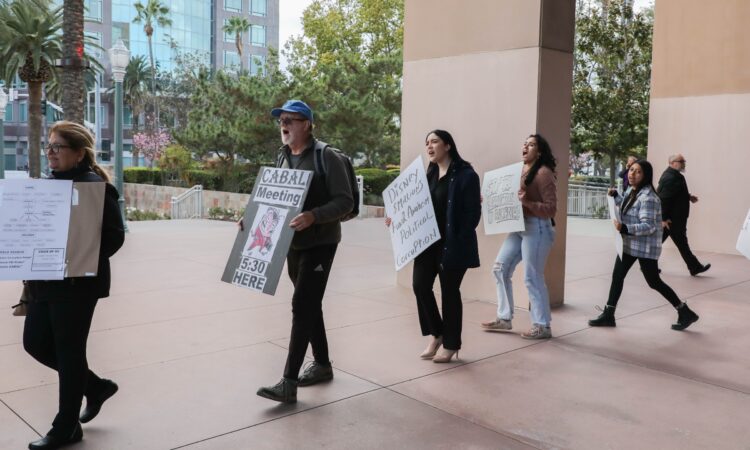
Officials in a couple Orange County cities are contemplating tightening the rules on campaign spending that helps get local politicians into office amid the continued fallout of one of the largest corruption scandals in county history.
The debate is taking off in the largest OC city – Anaheim – where the FBI in sworn affidavits last year and independent investigators in a corruption report this year have concluded lobbyists and Disney resort interests essentially run city hall.
It’s also likely going to hit one of the county’s smallest cities – Stanton – which neighbors Anaheim, but has gone untouched by the scandal.
add a comment













